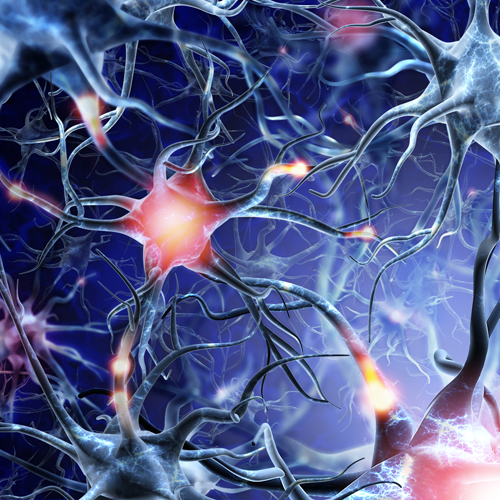The Akt Pathway in ALS
 The serine-threonine kinase Akt pathway is one of the most important signaling pathways for its involvement in central physiological process such as cellular survival, proliferation, differentiation, metabolism and more. As in other neurodegenerating disorders, this pathway is impaired in ALS.
The serine-threonine kinase Akt pathway is one of the most important signaling pathways for its involvement in central physiological process such as cellular survival, proliferation, differentiation, metabolism and more. As in other neurodegenerating disorders, this pathway is impaired in ALS.
Akt activity was reported to be down-regulated in post-mortem analysis of ALS patients motor neurons, as well as in neurons and muscles of ALS animal models where Akt inactivation was detected already at the pre-symptomatic disease stages and increases with disease progression.
Down regulation of Akt results in impaired signaling on downstream proteins such as FOXO , Nrf2,HSF-1, Bad and GSK3 and more results in reduced cell survival (apoptosis), increased oxidative stress and reduced misfolded protein clean-up, increased inflammatory response, and reduced glucose metabolism respectively. One of the main reasons for lower Akt activation results from cell receptor malfunction with disease progression. Akt targeted therapy should bypass those receptors.
Immunity Pharma's peptides modulate Akt signaling and restore Akt activity to normal levels undependably of cell membrane receptors. Akt activation brings with it a whole system approach supporting pro-survival process to overcome disease deterioration.
The presence of Akt pathway impairment in other neurodegenerative diseases such as Parkinson's and Alzheimer's disease, raises the possibility of further development of IPL peptides for patients living with these debilitating diseases.
